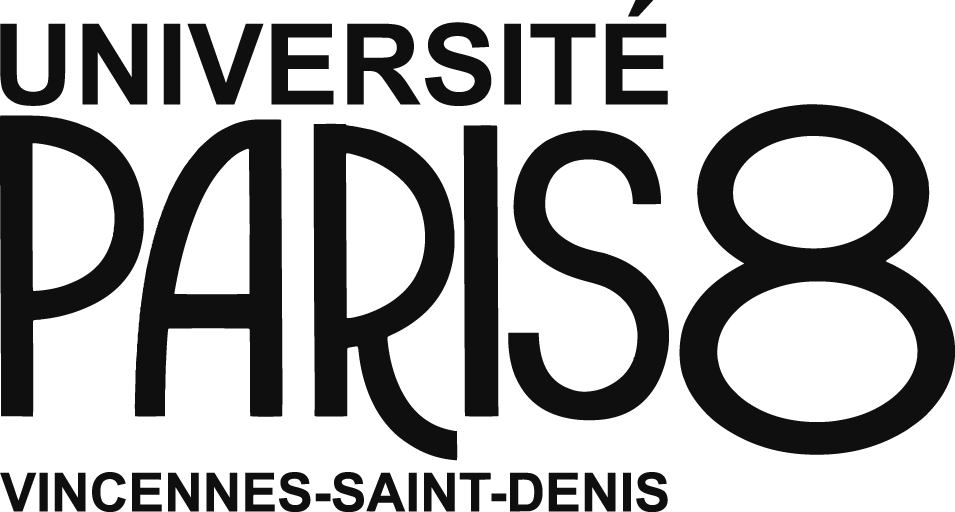Textualités contemporaines
"Textualités contemporaines" (Contemporary textualities) encompasses all research done on contemporary forms of textuality in the English-speaking world. By textualities we mean textual, visual, gestural, and even oral materials. Our explorations of these materials rely on methods relevant to literature, translation, English for specific purposes or research-creation, as well as other disciplines (philosophy, the arts, sociology, linguistics…). The idea of the contemporary is central to our work and to the corpuses we study. We consider the current mutations, genealogies, places of emergence, and anchor points of the contemporary. Following Agamben’s definition, we take "Contemporariness [as] a singular relationship with one’s own time, which adheres to it and, at the same time, keeps a distance from it" (What Is the Contemporary ?). It is from this perspective that our multidisciplinary projects put the contemporary to the test.
"Textualités contemporaines" is a space for textual experimentation that explores all forms, modes of production and dissemination that stand on the fringe. We are committed to studying the creation of avant-garde works and neo-avant-garde creators ; Our investigations focus on innovative editorial formats and on the remediation of existing formats in the post-digital era ; as well as on the effects of transference from one medium to another, hybrid objects, and social science fiction ; or again on expressions that break away from norms, or attempt to do so. Particular attention is paid to the liminal areas in which literature, philosophy, and artistic and scientific practices cross over. The study of contemporary textualities also leads to the emergence of new research tools and methods.
Under the poetic, political, aesthetic, and emotional influence of new technologies and new modes of propagation—or, on a larger scale, digital humanities—the "text" reconfigures itself into forms and modes of flexible "textualities" ; experimental textual objects with fluctuating contours and prone to constant variations : post-digital literature, conceptual literature, performance, performed lectures, electronic literature, blogs, Twitterature… To study, analyze, critique, and work toward the practice and theory of their translation therefore supposes new critical, theoretical or exploratory practices ; some of which make use of digital tools (translation software, critical code studies, data analysis…) ; and the majority of which are based on the experimentation and decompartmentalization of different disciplines (translation-as-writing, research-creation, or philosophical concepts used for literary study…) both in a synchronic and diachronic perspective. Even though the theme is strongly rooted in emerging objects and tools, the researchers of "Textualités contemporaines" also devote their time to genealogies. This allows them to situate their objects, to comprehend their novelty and to appreciate the reconfigurations that they may produce on historical experimental creations (for example, what conceptual literature is to the artistic neo-avant-garde, or what digital textualities are to the historical poetic textualities that precede them and lie at the root of experimentation in art ; or even the work that is done on back-translations…).






